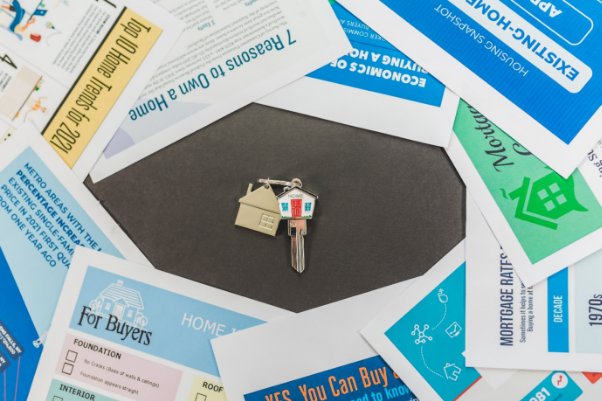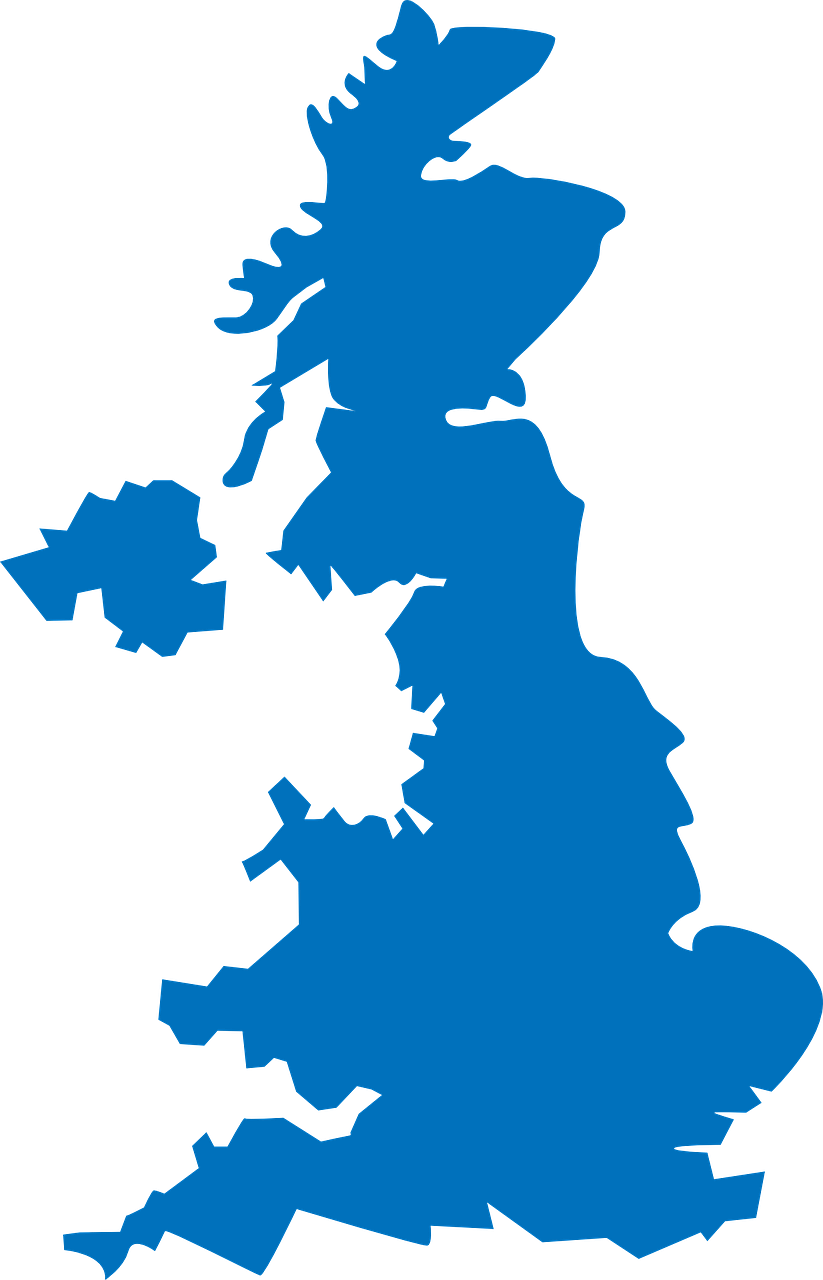Hey savvy landlords, whether you're juggling a second property or just turning your home into a side hustle, it's time to give your accounts the attention they deserve. Let's make sure the Tax Office (Hi, HMRC!) gets the full scoop on your income and expenses.
Now, I know taxes can be about as thrilling as watching paint dry, but trust me, there's a method to this madness. There's a bunch of allowable expenses for rental properties, and who doesn't want to legally trim down that tax bill?
To help you navigate this financial maze, we've whipped up six pearls of wisdom for landlords like yourself. These tips are like a secret code to unlock the full potential of your rental income and make tax season a little less daunting. Ready to dive into the world of tax-smart landlording? Let's roll!
1. Know What Your Property is Classed As
There are different rules when it comes to tax for residential properties, furnished holiday lets, and commercial properties – so it’s important to know what the rules are, what qualifies for which designation, and what you’re expected to do in terms of tax obligations.
A residential property is defined as a building used for, or suitable for use as a dwelling.
A furnished holiday let has to be located in the UK or European Economic Area (EEA), with enough furnishings for normal occupation that the visitors can use and be available for letting for at least 210 days in the year.
Commercial Properties are generally properties not used as residences (such as offices, retail spaces, warehouses, or hotels).
The way in which you handle your tax affairs, and the documents that HMRC will require may vary depending on the type of property you own.
2. Replace Items Using Domestic Items Relief
If you own and rent a residential property, there are certain expenses involved that generally fall to the Landlord to maintain and replace as required.
Some domestic items that you may be responsible for include:
- Carpets
- Curtains
- Sofas / Chairs
- Beds
- White-Goods (such as Fridges)
- Crockery and Cutlery
If you need to replace any of these items, the cost of doing so can be claimed as an allowable expense against the income from your rental property (which may reduce your tax bill). The replacement of items in Furnished Lets, where applicable, can also be claimed as ‘wear-and-tear allowance’.
When you’re replacing these items, you must keep the receipts and put the information in your accounts, so it can be calculated at the end of the year.
3. Keep a Clear Record of Allowable Expenses
When you’re renting out a property in order to make a profit (such as a Furnished Holiday Let), there are certain expenses that you’ll need to pay out in order to keep the venue fit for visitors. These expenses are handled in a similar way to business ones – allowing you to claim for certain costs and outlay, but only if they’re for commercial use only.
Some of the allowable expenses that you can deduct the costs from include:
- Council Tax
- Utility Bills
- Furniture Expenses
- Letting Agency and Management Fees
- Maintenance Costs (including regular cleaning and up-keep)
- Advertising Costs
- Products for the Property (such as Welcome Packs, cleaning goods, linen, etc)
These expenses should be recorded (and receipts kept) as part of your accounts – and can help to lower your potential tax bill, as tax is generally charged against profits, not income.
4. Watch What You’re Earning and Know What Your Obligations Are
For those with multiple properties, or a high level of income – keeping a careful eye on the amount you earn and being aware of tax thresholds is important, especially if you’re earning more or less than you have done previously.
If your turnover from your properties exceeds the VAT Threshold (currently £85,000 a year / roughly £7,000 per month) you will need to register for VAT.
If your property portfolio runs to multiple properties, or you have a separate business, and are VAT registered, then your property earnings may also be subject to VAT.
5. Make Use of Principle Private Residence Relief
If you’re planning on selling a property, you might end up paying Capital Gains Tax – however, there are some tax reliefs available, if the property that you’re selling was your main or only residence.
You can nominate new residences, and potentially reduce the amount you are required to pay. However, there are conditions which have to be met such as:
- The house has been your main (or only residence) throughout the period of ownership
- You’ve not been absent because of living elsewhere
- The gardens, grounds, and buildings on them aren’t larger than the permitted area
- No part of the home was used exclusively for business.
If you’re thinking of buying a new property, deciding whether to nominate it as your main domicile should be done early on.
6. Property Allowances and Self-Assessment
When you gain income from property rentals, the first £1,000 of your income is actually tax free as a ‘Property Allowance’. If you’re earning between £1,000 and £2,500 a year through your property, you’ll need to contact HMRC, but you may not necessarily need to register for Self-Assessment.
If, however, your property income is between £2,500 and £9,900 (after allowable expenses) or £10,000 or more (before expenses), then you will need to register for Self-Employment – and you’re legally obligated to do this by the 5th October of the following tax year in which you had the income.
The UK Tax system can be complicated and difficult to understand, so it’s important to take the time to understand what your legal obligations are, what you need to be registered for, how much you need to be paying, and when the deadlines are (especially as most of them come with penalties, fines, or fees if you’re late).
Whether you do your accounts yourself, or enlist the aid of a qualified accountant is up to you – but it’s worth taking the time to investigate, so that you’re not overpaying tax, and getting the most value from your rental property.
Added: January 16, 2023 20:30:02





